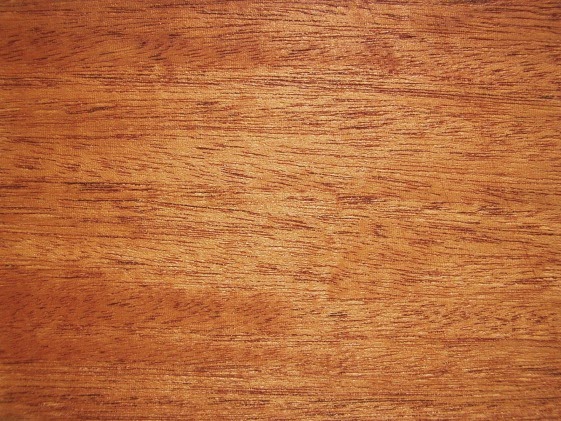A hot topic for many of us, but does the substance that we stick strings and pickups on really matter?
I'm going to avoid controversy and say yes... and no. The materials we use to build guitars with are obviously important, you're unlikely to see a functioning guitar made from mashed potatoes (although I would definitely like to see you try and make one). A guitar needs to be made from reasonably rigid materials, too much flex and your tunings will be weird and I don't think a bent fretboard is ideal. But is the difference between mahogany and maple really that noticeable? Lets 'av a look.
Assume we're talking about an electric instrument that is amplified, a purist might argue that the type of wood is one part of the long ingredients list for the recipe for 'tone' and that it is a key aspect. They're right in that it will affect the tone of the instrument but the amount it can affect tone is in question. In a blind test of a maple bodied guitar of the same construction as a mahogany bodied guitar I would defy anyone to consistently pick which guitar is which. The differences in tone would be almost negligible, in my opinion. Where this logic gets contentious is when it comes to acoustic instruments (more on these later).
Where I feel the type of wood matters is the bearing it has on the weight and aesthetic of a guitar. There are very few things as visually pleasing as a book-matched, flamed or quilted maple top on an electric guitar. There are also few things as annoying as a guitar that would be better suited to a weightlifter because it's constructed entirely with dense woods,. whilst a guitar that is too light could have a negative impact on the feeling of quality.
Acoustic instruments have a more solid argument for the 'tone' that can be imbued by wood. An acoustic guitar amplifies itself using a hollow chamber under the strings, this means the vibrations of sound have to reverberate through this chamber. The character of the wood, especially the density of the wood, will have an impact on the reverberant quality of the chamber. A denser wood like maple will allow the reverberations to 'bounce' of the walls of the chamber more easily and would probably create a 'brighter' tone than a less dense open grained wood. In the case of acoustic guitars the wood has a direct impact on the type of sound produced.
What the f**k do I know anyway?! I'm still gonna' get that mahogany bodied LP and brag to literally all of my mates about how the tone is that much beefier because of it.
Follow @PluckStrumPick
Follow @PluckStrumPick


No comments:
Post a Comment